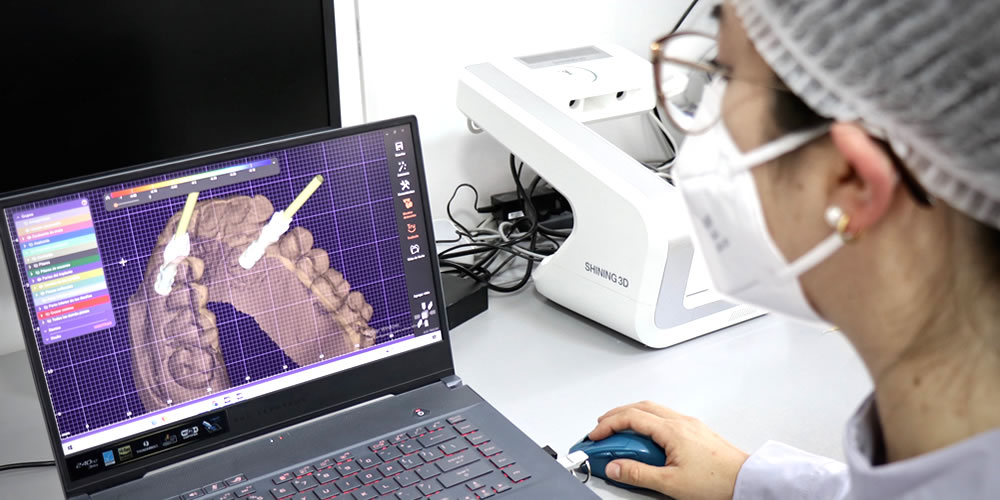






Nos importa verte sonreír
Laboratorio dental
Contamos con todas
las especialidades odontológicas
Más de 30 años al cuidado de tu sonrisa:
En Centro Dental San José trabajamos siempre buscando el bienestar de nuestros pacientes, ofrecemos servicios de calidad que buscan siempre ir a la par con los nuevos desarrollos tecnológicos garantizando así una atención de primera.
Nuestras alianzas estratégicas con todas las compañías de seguros y empresas prestadoras de salud permiten a nuestros pacientes utilizar nuestros servicios en todas nuestras sedes de Lima y provincia.
Nuestras especialidades
Lima
Lima
- San Borja
- San Isidro
- Bellavista/Callao
- Los Olivos
- San Miguel
Sede San Borja
Dirección:
Av. Géminis E-27 Urb. Papa Juan XXIII
Teléfono:
225-9510 / 224-2438/ 226-1266/ 946-033-317/ 988-680-854/
Horarios de atención:
Lunes a Viernes de 9:00 am a 9:00 pm
Sábados de 9:00 am a 7:00 pm
Sede San Isidro
Dirección:
Av. Las Camelias N°741-B 3º piso
Teléfono:
422-8306 / 222-8911 / 946-036-640 / 922-539-074
Horarios de atención:
Lunes a Viernes de 9:00 am a 9:00 pm
Sábados de 9:00 am a 7:00 pm
Sede Bellavista/Callao
Sede Los Olivos
Provincia
- Arequipa
- Cuzco
- Paita
- Trujillo
- Huaraz
- Cajamarca
- Ica
Sede Arequipa
Dirección:
Av. Abelardo Quiñónez B-5 Urb. Magisterial II etapa, Umacollo - Yanahuara
Teléfono:
054-259669 / 999-910-206
Horarios de atención:
Lunes a Viernes 09:00 am – 01:00 pm y de 04:00 pm – 09:00 pm
Sábados de 07:00 am – 03:00 pm
Sede Paita
Sede Trujillo
Dirección:
Av. Húsares de Junín 590 Urb. La Merced
Teléfono:
044-7544301 / 967-947-125
Horarios de atención:
Lunes a Viernes de 09:00 am – 01:00 pm y de 04:00 pm – 09:00 pm
Sábados de 09:00 am – 01:00 pm y de 04:00 pm – 07:00 pm
Sede Huaraz
Dirección:
Jirón Simón Bolívar N°794
Teléfono:
43-424497 / 943-771-915
Horarios de atención:
Lunes a Viernes de 08:30 am – 01:00 pm y de 03:30 pm – 09:00 pm
Sábados de 08:30 am – 01:00 pm y de 03:30 pm – 09:00 pm
Sede Cajamarca
Dirección:
Jr. Los Sauces Nº 415 Urbanización Los Rosales
Teléfono:
076-343693
Horarios de atención:
Lunes a Viernes de 09:00 am – 01:00 pm y de 03:30 pm – 09:00 pm
Sábados de 09:00 am – 01:00 pm y de 03:30 pm – 09:00 pm
Sede Ica
Dirección:
El Parque N° 153, Urb. Residencial La Angostura
Teléfono:
056-257755 / 965-445-637
Horarios de atención:
Lunes a Viernes de 09:00 am – 01:00 pm y de 03:00 pm – 09:00 pm
Sábados de 09:00 am – 01:00 pm y de 03:00 pm – 07:00 pm
Nuestros convenios



















